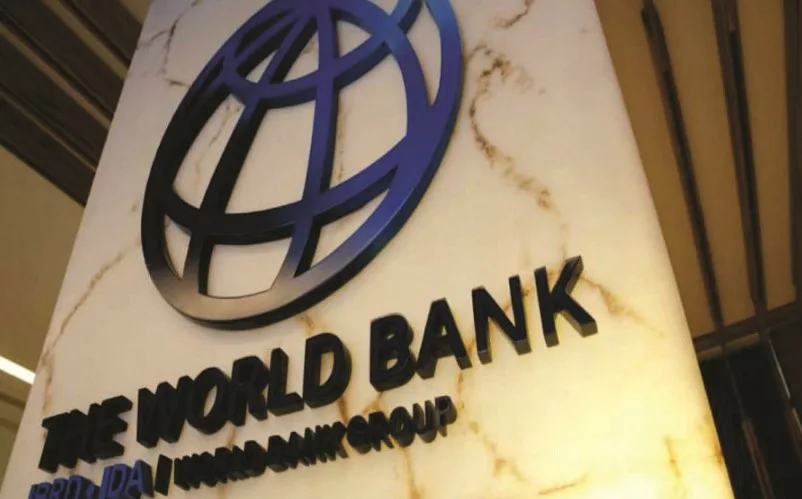The World Bank’s latest report, “The Great Reversal: Prospects, Risks, and Policies in International Development Association (IDA) Countries,” has highlighted Nigeria and 14 other nations as having weak credit ratings for sovereign bonds.
These countries, classified as needing substantial support due to their lower income status, include Cameroon, Democratic Republic of Congo, Republic of Congo, Ethiopia, Ghana, Lao People’s Democratic Republic, Maldives, Mali, Mozambique, Niger, Nigeria, Pakistan, Solomon Islands, Sri Lanka, and Zambia.
According to the report, synchronised interest rate hikes in advanced economies in response to inflation have tightened global financing conditions, resulting in a significant expansion of the median sovereign bond spread for IDA countries. This tightening has led to higher borrowing costs, sidelining IDA countries with weak credit ratings from global capital markets and resulting in minimal bond issuance over the past two years.
The report highlights a troubling trend of widening fiscal deficits, leading to a significant rise in public debt relative to GDP in these nations. The median government debt-to-GDP ratio in IDA countries increased by approximately 6.7 per cent-points from 2019 to 2023, nearly tripling the increase observed in other emerging markets and developing economies (EMDEs).
Fiscal strains are evident in the rising proportion of government revenues allocated to interest payments. In 2023, net interest payments relative to government revenues rose to 7.3 per cent in IDA countries, diverting crucial resources from essential government outlays on education, health, and infrastructure.
The report also notes that more than half of IDA countries assessed in debt sustainability analysis conducted by the World Bank and the IMF are either in acute debt distress or at high risk thereof.
Despite efforts to address fiscal challenges, Nigeria’s credit outlook remains a point of concern. While Moody’s upgraded Nigeria’s credit outlook from stable to positive in December 2023, structural weaknesses in fiscal and external positions persist.
Fitch and Standard and Poor’s have also cautioned about Nigeria’s credit rating due to factors such as high interest payments to revenue ratio and challenges in managing inflation and currency depreciation.
In response to the challenging financial environment, Nigeria is considering issuing Eurobonds and domestic bonds denominated in foreign currency. However, the process requires approval from the Federal Executive Council (FEC) and the National Assembly, according to the Debt Management Office (DMO).





